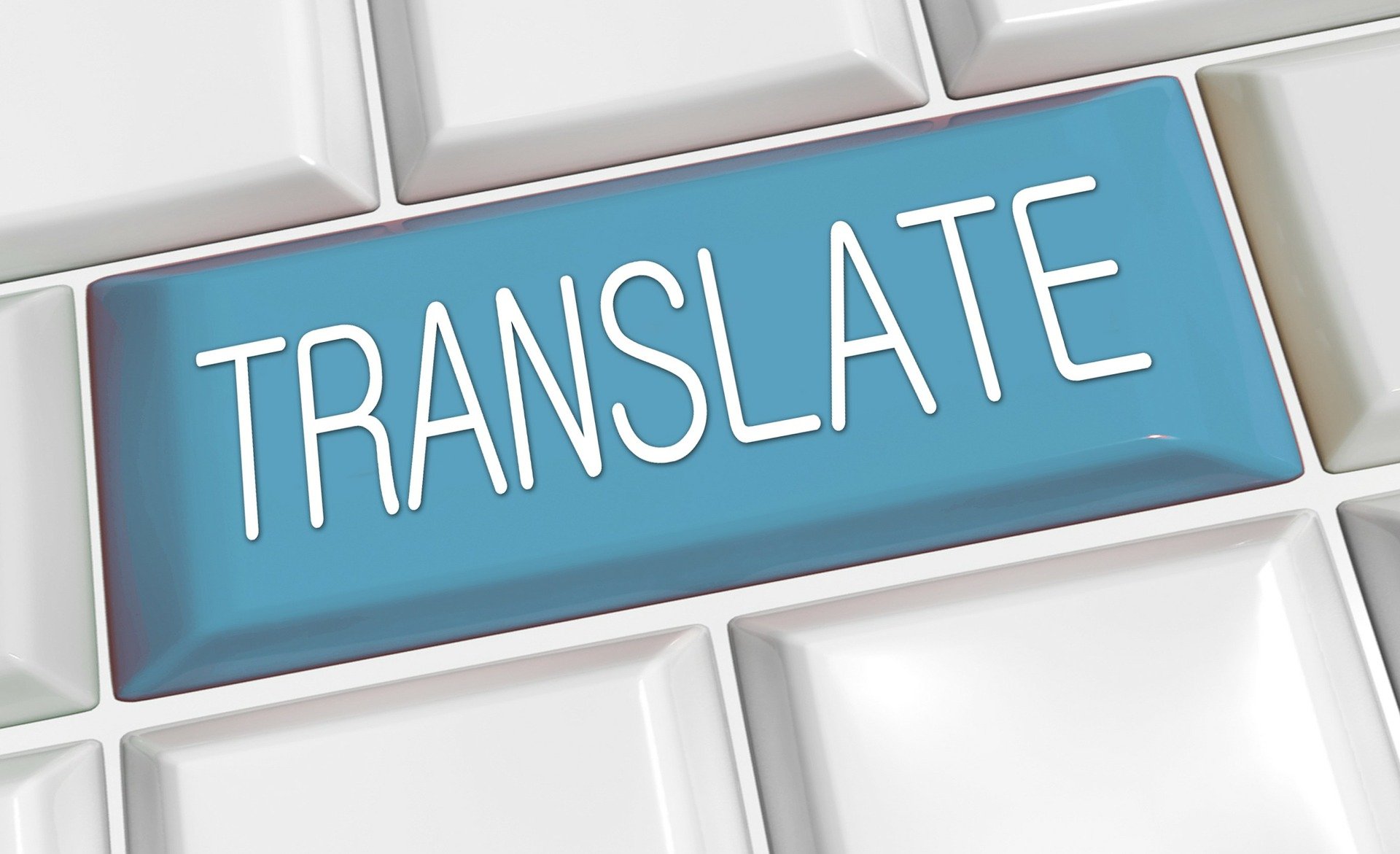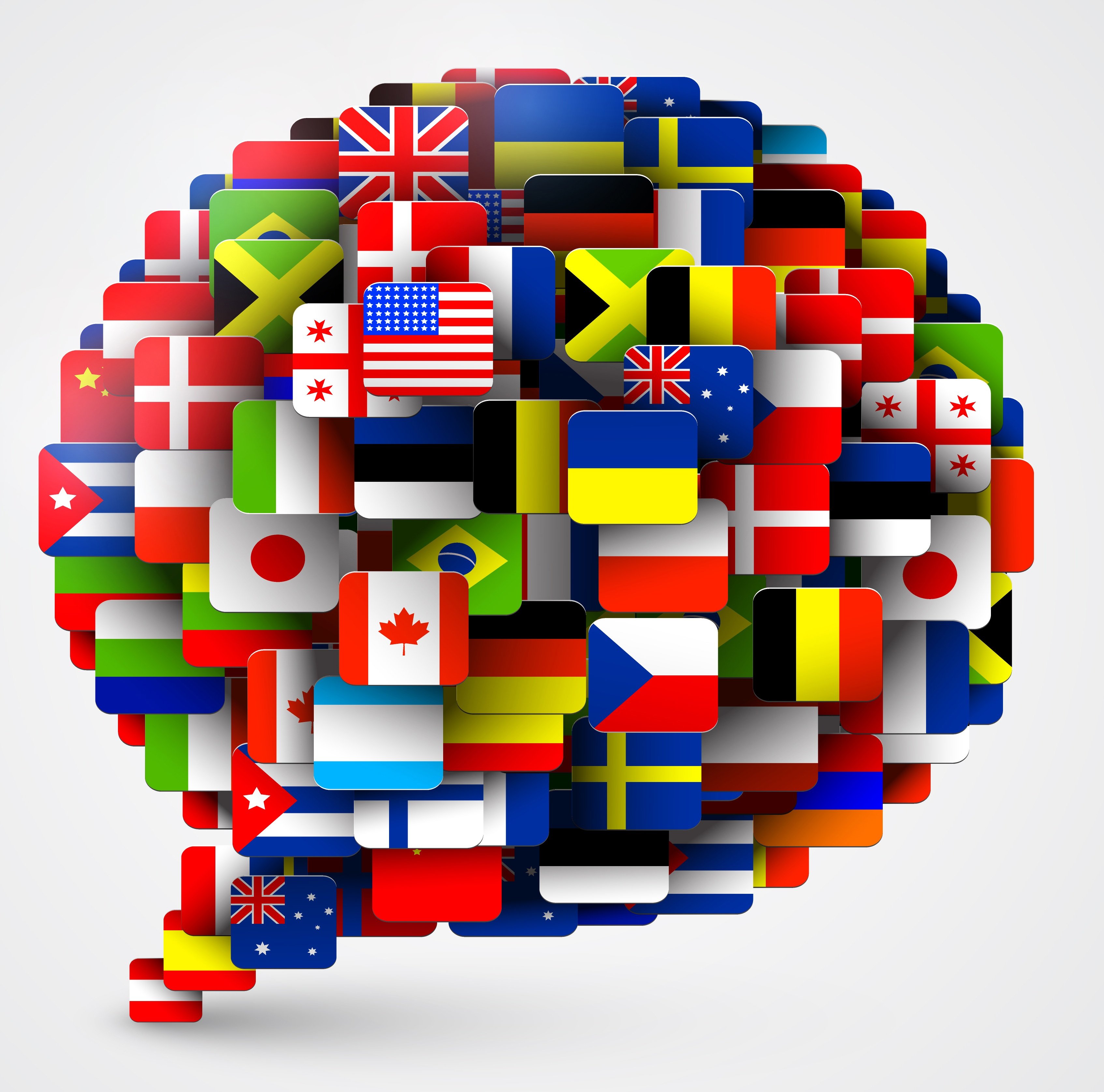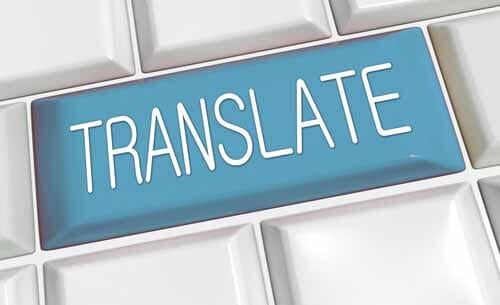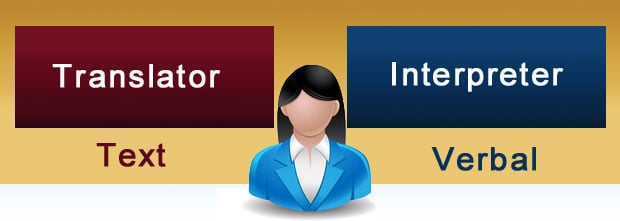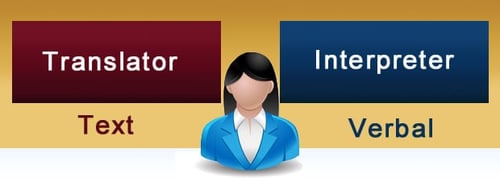Listen to Audio Version:
Unless you are in the language services industry, when you think of translation and interpretation, you may think they mean the same thing and use the terms interchangeably. Both refer to language services, and both help people bridge communication gaps, right?
While this is true, these two terms are not the same and describe totally different services, requiring distinctly different skills.
Today we will answer three of the most common questions we receive and explain the differences between translation and interpretation, and who you should hire to provide each service.
What’s the difference between translation and interpretation?
This is the big question, and the answer can be found in the definition of the terms.
Translation is the conversion of the written word from one language to another. With translation, a written document, website, or other text is converted from the source language to the target language.
A high-quality translation goes beyond a word-for-word substitution from one language to another; it conveys the meaning or message of the source in the target language.
Interpretation is the conversion of the spoken word from one language to another. With interpreting, an interpreter hears a verbal statement in one language (source language) and conveys the same message verbally in the second language (target language).
There are a couple of different methods of interpreting services available to fit different situations.
Consecutive interpreting is used when the interpreter repeats statements or questions in the target language immediately after they are spoken while the speaker pauses. This is usually best for a small group setting, like a meeting or appointment.
Simultaneous interpreting is typically used in a larger group setting or if there are multiple languages spoken by participants. Simultaneous interpreting provides the conversion of a presentation or conversation into the target language as it is happening (think of the UN).
Interpreting services can be provided in person, over the phone, via video/virtual call, or in a large group or conference setting with audio equipment.
Can I hire one person to do both?
While both roles require a deep knowledge of both the source and target languages and understanding of the culture, the skills needed to successfully perform these two jobs are very different.
A translator’s skills include:
- Excellent writing skills in two languages
- Computer proficiency
- Affinity with the technology used in the language industry
- Ability to self-motivate and complete assignments independently
An interpreter’s skills include:
- Excellent listening and interpersonal skills
- Excellent memory and retention to convey the message exactly
- Ability to remain impartial and objective and not interject personal opinions
While both professionals are bilingual, as you can see from the different skills needed the best practice would be to hire the type of language professional your project requires.
Why can’t I use bilingual staff, family or friends to translate/interpret?
While you may have bilingual staff or family members, or even a friend who speaks the languages you need, they are not the best choice.
For translations, you need a professional who has experience in your industry and experience translating messages into the target language and culture. A lot of factors go into culturally adapting your message so it remains consistent with the source, and not taking them into account could result in a bad translation that alienates or confuses your audience, which will end up costing you time and money.
For interpretation, using a professional interpreter will ensure that the full message is conveyed exactly as it was spoken. Professional interpreters with experience in the specific industry will be able to handle complex terminology and convey traumatic information impartially, allowing the conversation to continue seamlessly. Read more in our blog - Using a Professional Interpreter Vs Staff or a Family Member.
Using a professional language service provider like Rapport International is the best way to make sure your translation and interpretation needs are being met with services that are of the highest quality.
Rapport International specializes in multilingual communications, providing language translation and interpretation services that are accurate and culturally appropriate. We use the right voice and the correct terminology to avoid liability, customize services to your needs, and deliver on time and within your budget. With our 100% satisfaction guarantee, you can trust that it’s done right. Contact us today if you would like more information or to get a free quote.
Rapport International specializes in multilingual communications, providing language translation and interpretation services that are accurate and culturally appropriate. We use the right voice and the correct terminology to avoid liability, customize services to your needs, and deliver on time and within your budget. With our 100% satisfaction guarantee, you can trust that it’s done right. Contact us today if you would like more information or to get a free quote.
Popular Posts
Popular industry news, interviews, technologies, and resources.






